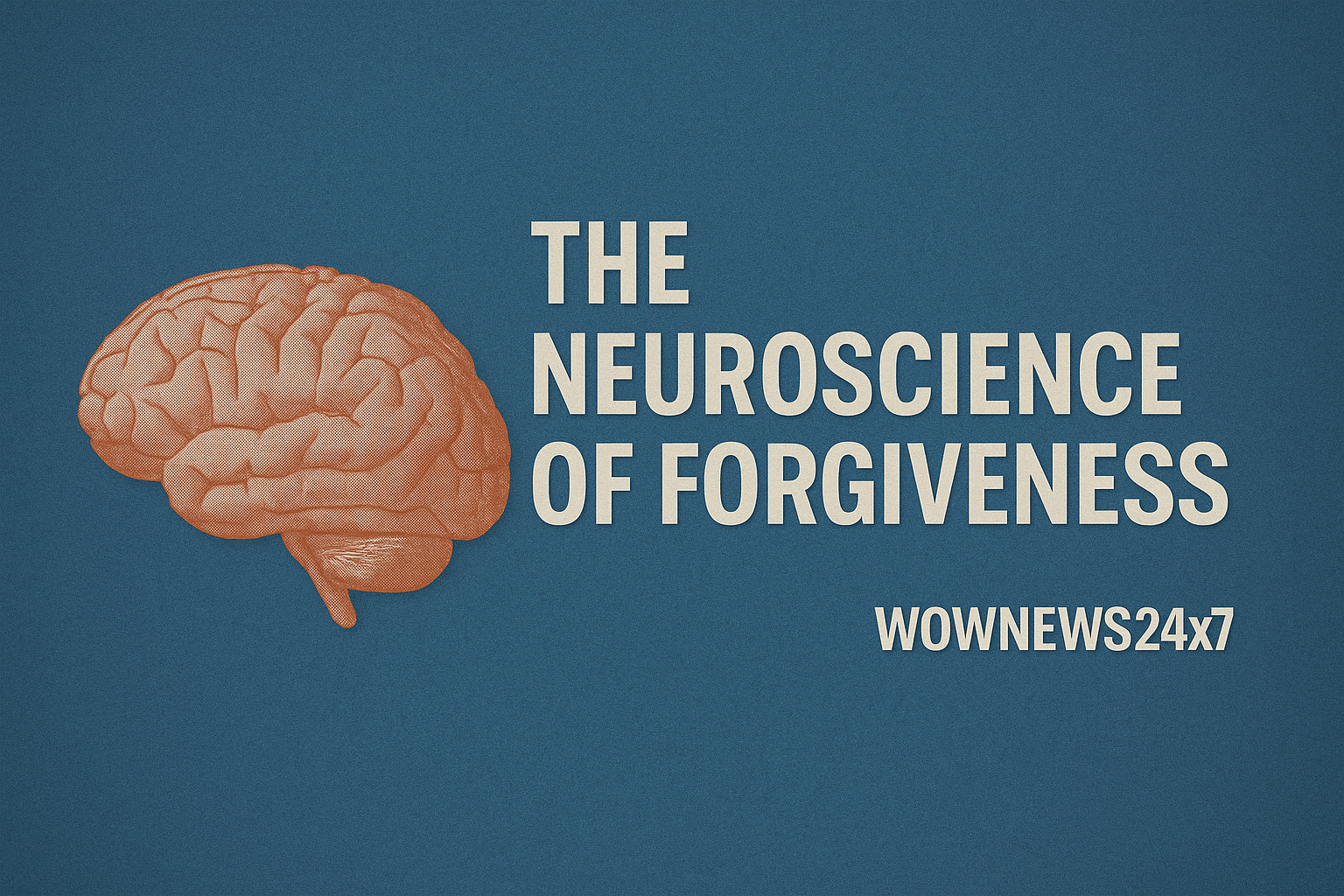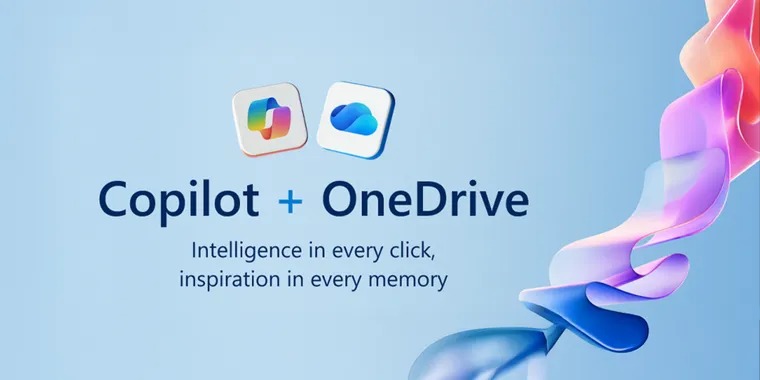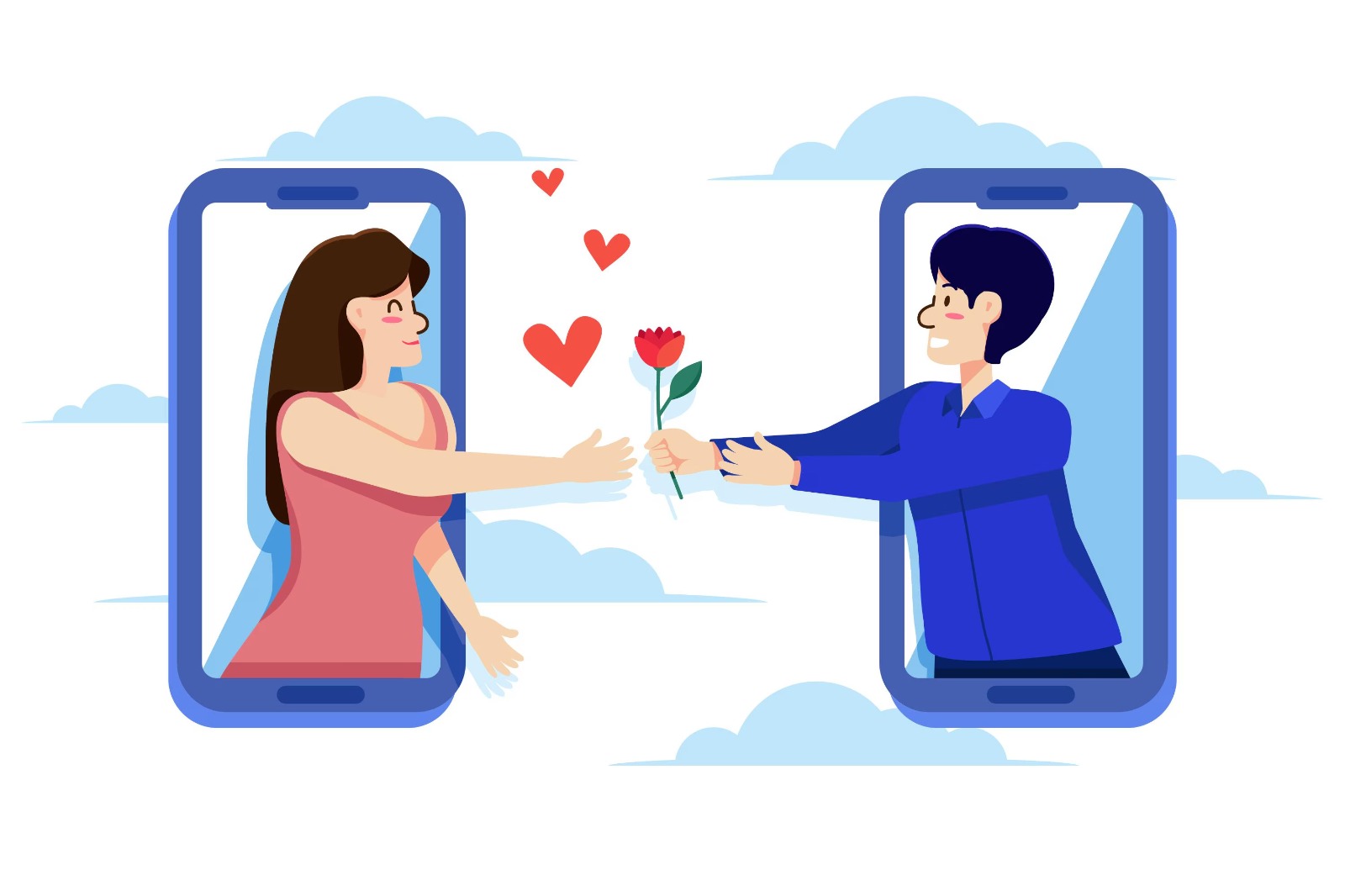When you hold onto anger, your brain and body pay the price. Neuroscientists are now uncovering exactly what happens inside your head when you forgive-and the benefits are far-reaching, from mental health and physical well-being to sharper work performance and stronger relationships.
Key Highlights
-
Forgiveness activates brain regions linked to empathy, emotional regulation, and reward
-
Letting go reduces stress, anxiety, and even physical health risks
-
Forgiveness boosts productivity, creativity, and job satisfaction at work
-
Holding onto anger hijacks your brain, draining energy and focus
-
Forgiveness rewires your brain for resilience, happiness, and connection
What Happens in Your Brain When You Forgive
The Stress of Holding On
When you replay past hurts or dwell on resentment, your brain’s amygdala-the center for fear and anger-lights up. This triggers a stress response: your heart rate and blood pressure rise, and stress hormones like cortisol flood your system. Chronic activation of this “fight or flight” pathway can lead to anxiety, depression, weakened immunity, and even heart disease.
The Brain’s Forgiveness Circuit
Forgiveness, on the other hand, activates a different set of brain regions. Functional MRI studies show that granting forgiveness engages the precuneus, right inferior parietal regions, and the dorsolateral prefrontal cortex-areas involved in empathy, theory of mind, and the cognitive regulation of emotion. The anterior cingulate cortex (ACC) is also activated, supporting emotional balance and helping you let go of anger and resentment.
When you forgive, activity in the amygdala decreases, while the ventral striatum-the brain’s reward center-lights up, producing feelings of relief and well-being. Forgiving yourself has similar effects: it soothes guilt and shame by calming self-critical brain regions and boosting those linked to self-compassion.
How Forgiveness Rewires Your Brain
-
Reduces Negative Emotions: Forgiveness quiets the amygdala, lowering fear, anger, and anxiety. It makes you less reactive and more resilient in the face of stress.
-
Promotes Well-Being: Letting go leads to lower blood pressure, improved sleep, and a greater sense of life satisfaction. It’s linked to fewer symptoms of depression and anxiety, and even lower mortality rates.
-
Frees Up Mental Resources: Resentment is mentally draining. Forgiveness liberates cognitive bandwidth, allowing you to focus on positive goals and creative problem-solving.
-
Strengthens Relationships: Forgiving others helps rebuild trust, reduces judgment, and makes you more open to connection and empathy.
The Ripple Effect: Forgiveness at Work
Anger Hijacks Your Performance
Unresolved anger and grudges don’t just stay at home-they follow you to work. Chronic interpersonal stress from workplace conflict leads to poor mental and physical health, absenteeism, and reduced productivity. Studies show that employees who struggle to forgive are more likely to experience sadness, headaches, and burnout.
The Power of Letting Go
Forgiveness in the workplace is a game-changer. Research reveals that forgiving colleagues or bosses is linked to:
-
Increased productivity
-
Decreased absenteeism
-
Fewer mental and physical health problems
-
Higher job satisfaction
-
Better teamwork and trust
Longitudinal studies confirm that forgiveness predicts improvements in work outcomes over time, regardless of the severity of the offense. By letting go, you reclaim your mental energy, restore emotional balance, and unlock your full professional potential.
Why Forgiveness Isn’t Just “Letting Someone Off the Hook”
Forgiveness is not about excusing bad behavior or forgetting the past. It’s a conscious decision to release the hold that anger and resentment have over you. Neuroscientists emphasize that forgiveness is a gift you give yourself-a way to transform suffering into compassion and regain control over your own well-being.
"Forgiveness allows you to let go of the chronic interpersonal stressors that cause us undue burden," says Dr. Everett Worthington, a leading forgiveness researcher. "It gives you back your power."
How to Start Forgiving
-
Acknowledge Your Feelings: Recognize the hurt and anger without judgment.
-
Reframe the Story: Try to see the situation from the other person’s perspective, activating empathy circuits in your brain.
-
Decide to Forgive: Make a conscious choice, even if you’re not ready to reconcile.
-
Practice Self-Compassion: Forgive yourself for any role you played, soothing self-judgment and guilt.
-
Repeat as Needed: Forgiveness is a process, not a one-time event.
The Takeaway: Forgiveness Is Good for Your Brain-and Your Life
Letting go of anger isn’t just a moral virtue; it’s a scientifically proven strategy for mental clarity, emotional resilience, and physical health. By forgiving, you quiet the brain’s alarm bells, activate its reward centers, and free yourself to thrive-at work, at home, and within.
Source:
[PMC – How the brain heals emotional wounds]
[American Psychological Association – Forgiveness and health]
[Frontiers in Psychology – Forgiveness at work]
[Greater Good Science Center – Forgiveness at work]
[LinkedIn – The Neuroscience of Letting Go]




